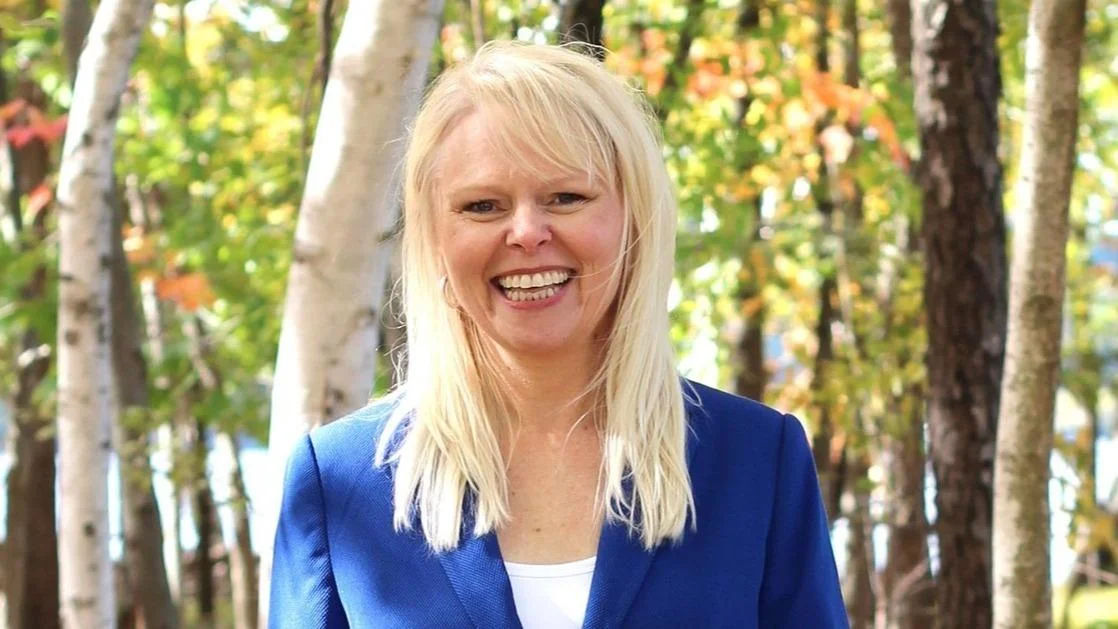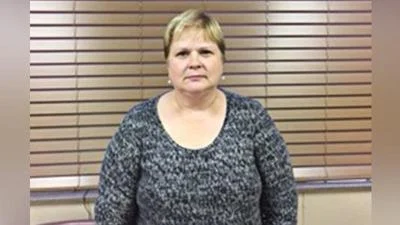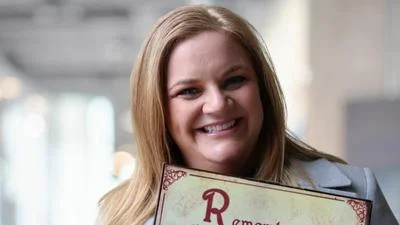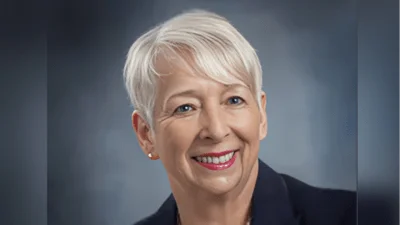Sarah Keyeski, Wisconsin State Senator for 14th District | Facebook
Sarah Keyeski, Wisconsin State Senator for 14th District | Facebook
According to the Wisconsin State Legislature's official website, the bill was described as follows: "immunity for 911 call centers and dispatchers that transfer callers to the national 988 Suicide and Crisis Lifeline".
The following is our breakdown, based on the actual bill text, and may include interpretation to clarify its provisions.
In essence, this bill establishes civil liability immunity for public safety answering points, commonly referred to as 911 call centers, and dispatchers when they transfer callers to the national 988 Suicide and Crisis Lifeline. The provision ensures these entities are generally protected from legal claims related to outcomes following the transfer, provided their actions do not amount to gross negligence or willful or wanton misconduct. This immunity applies specifically to transfers to the national crisis hotline, defined as the phone or text access number 988 or its federally administered successor.
The bill was co-authored by Representative Nancy VanderMeer (Republican-70th District), Senator Howard L. Marklein (Republican-17th District), Senator Romaine Robert Quinn (Republican-25th District), and Senator Van H. Wanggaard (Republican-21st District). It was co-sponsored by Representative Elijah R. Behnke (Republican-6th District), Representative Lindee Rae Brill (Republican-27th District), and Representative Barbara Dittrich (Republican-99th District), along with nine other co-sponsors.
Sarah Keyeski has authored or co-authored another 44 bills since the beginning of the 2025 session, with none of them being enacted.
Keyeski graduated from Luther College in 1993 with a BA.
Keyeski, a Democrat, was elected to the Wisconsin State Senate in 2021 to represent the state's 14th Senate district, replacing previous state senator Joan Ballweg.
In Wisconsin, the legislative process starts when a senator, constituent, group, or agency proposes an idea for a bill. After drafting, the bill is introduced, numbered, and referred to a committee for review and public input. If approved, it moves through three readings and votes in both the Senate and Assembly. Once both chambers pass the same version, the bill goes to the governor, who can sign it, veto it, or let it become law without a signature. Only a small share of bills introduced each session ultimately become law. You can learn more about the Wisconsin legislative process here.
| Bill Number | Date Introduced | Short Description |
|---|---|---|
| SB309 | 06/04/2025 | Immunity for 911 call centers and dispatchers that transfer callers to the national 988 Suicide and Crisis Lifeline |
| SB251 | 05/09/2025 | Cost-sharing caps on prescription drugs and medical supplies to treat asthma under health insurance policies and plans. (FE) |
| SB208 | 04/16/2025 | Prohibiting hedge funds from acquiring single-family homes in this state. (FE) |
| SB160 | 03/27/2025 | Designating the Tom Diehl Memorial Highway. (FE) |
| SB148 | 03/21/2025 | The right to repair agricultural equipment, and providing a penalty. (FE) |
| SB133 | 03/14/2025 | Maximum life and allocation period for Tax Incremental District Number 9 in the village of DeForest and the total value of taxable property that may be included in tax incremental financing districts created in the village of DeForest. (FE) |






 Alerts Sign-up
Alerts Sign-up